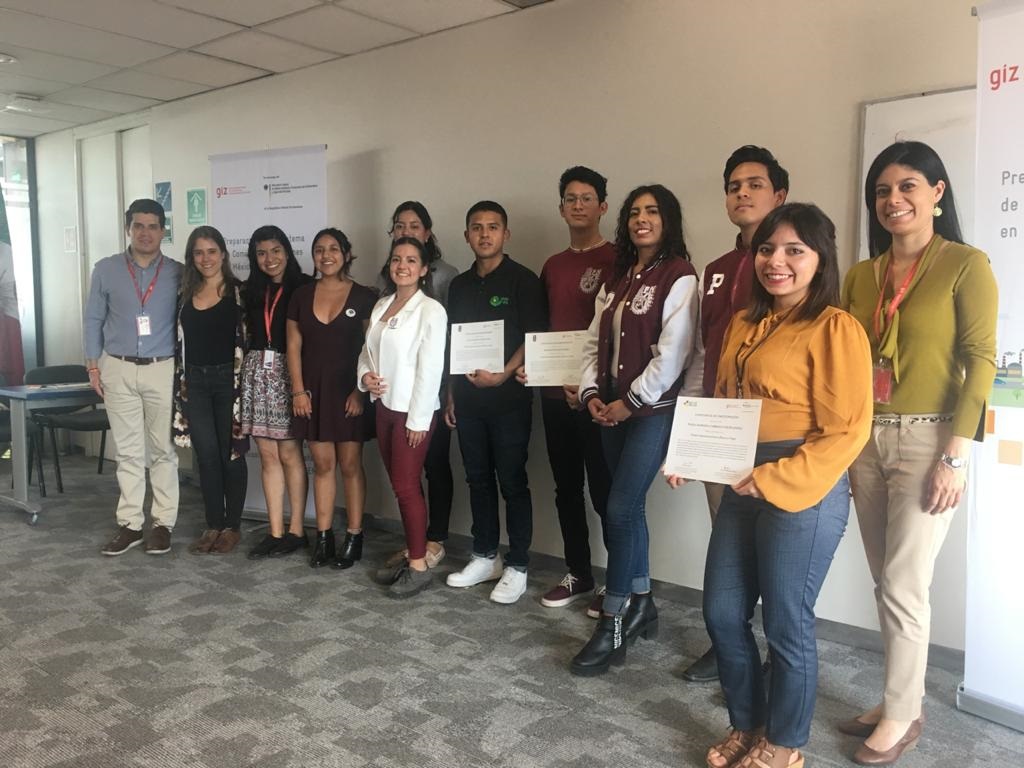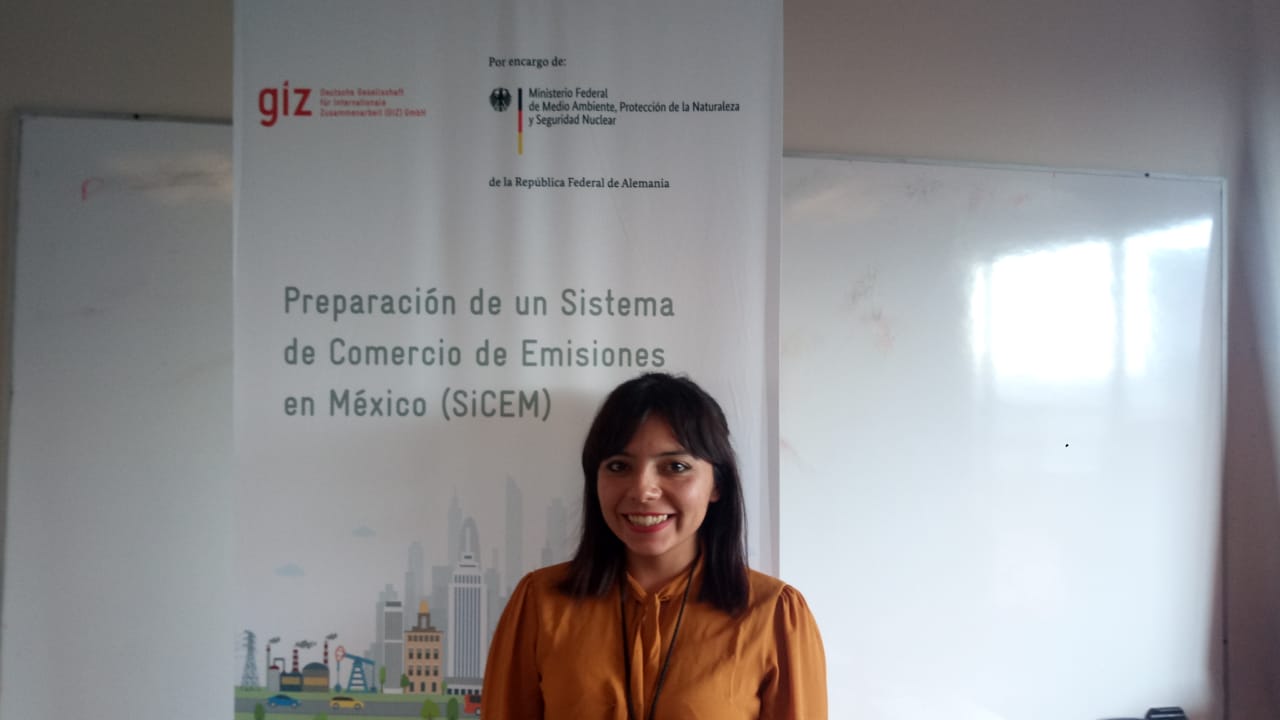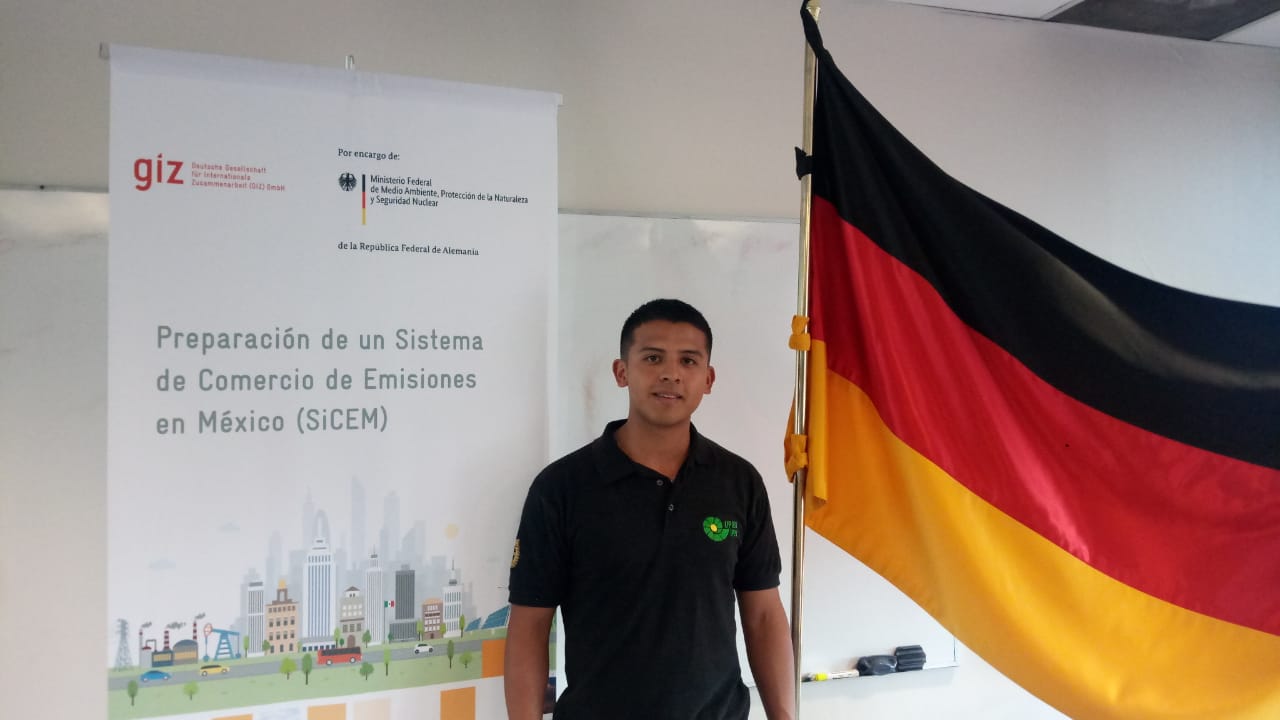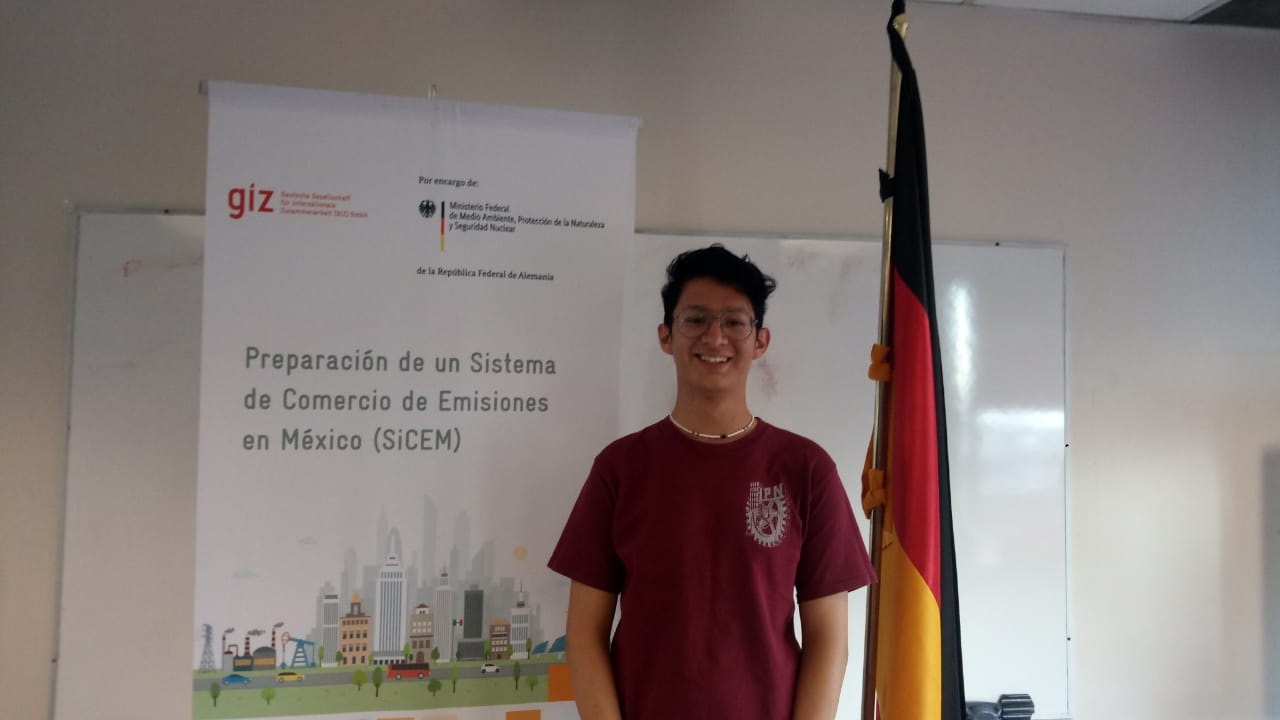With the intention of encouraging the involvement of new actors with interest in the Mexican Emissions Trading System (ETS), and in the context of the recent launch of the ETS Pilot Program on January 1, 2020, the GIZ project Preparation of an Emissions Trading System in Mexico (SiCEM) is conducting diffusion and skill development activities about the ETS for the academic sector.
On the 26th of February 2020, students from the National Polytechnic Institute (IPN) and the Mexico City campus of the Monterrey Institute of Technology (TEC) were invited to participate in the final of the inter-university tournament ¡Hasta el Tope! (“To the brim!”). This tournament aimed to familiarize university students with key concepts of an Emissions Trading System (ETS ) using the board game ¡Hasta el Tope! developed by the SiCEM project.
The tournament was made up of three rounds. The students and professors from the participating universities were responsible for the organization of the first two rounds. The Head of the Environmental Engineering Degree at IPN, the TEC Student Society of Sustainable Engineering (IDeaS), and the student organization Verde ITAM from the Autonomous Technological Institute of Mexico (ITAM) were the facilitators of the tournament. The final round took place at the Mexican GIZ installations, and Ricardo Reyes from the IPN won first place in the Tournament.
Commenting on her experience in the tournament, Paola Carrasco, finalist from the TEC, said that university students today are very dynamic and learn through games. She asserted that, as a student, she has often observed that what is taught in the classroom is neither practiced, nor reflected in the real world. That’s what interested her about a board game that could mimic the functioning of one of the key instruments for climate policies in Mexico. Meanwhile, Luis Antonio Cano, IPN finalist, thinks it vital that these kinds of instruments communicate to university students in an entertaining way, especially since they can provide a better panorama of the country’s environmental policies for future graduates.
Ricardo Reyes added to the comments of his peers:




